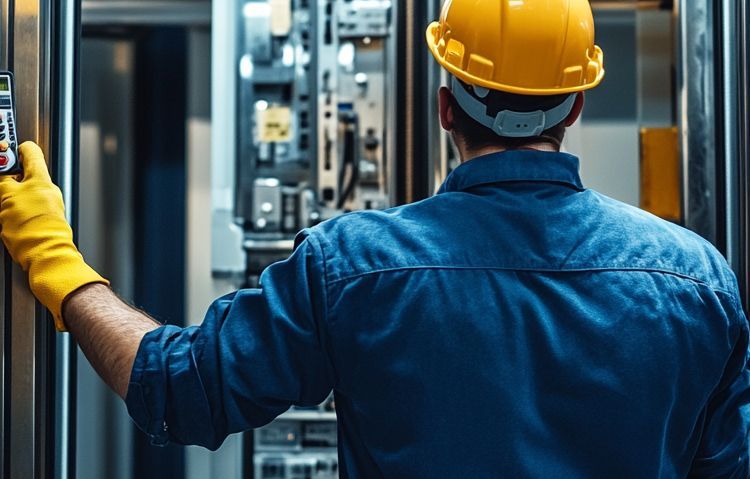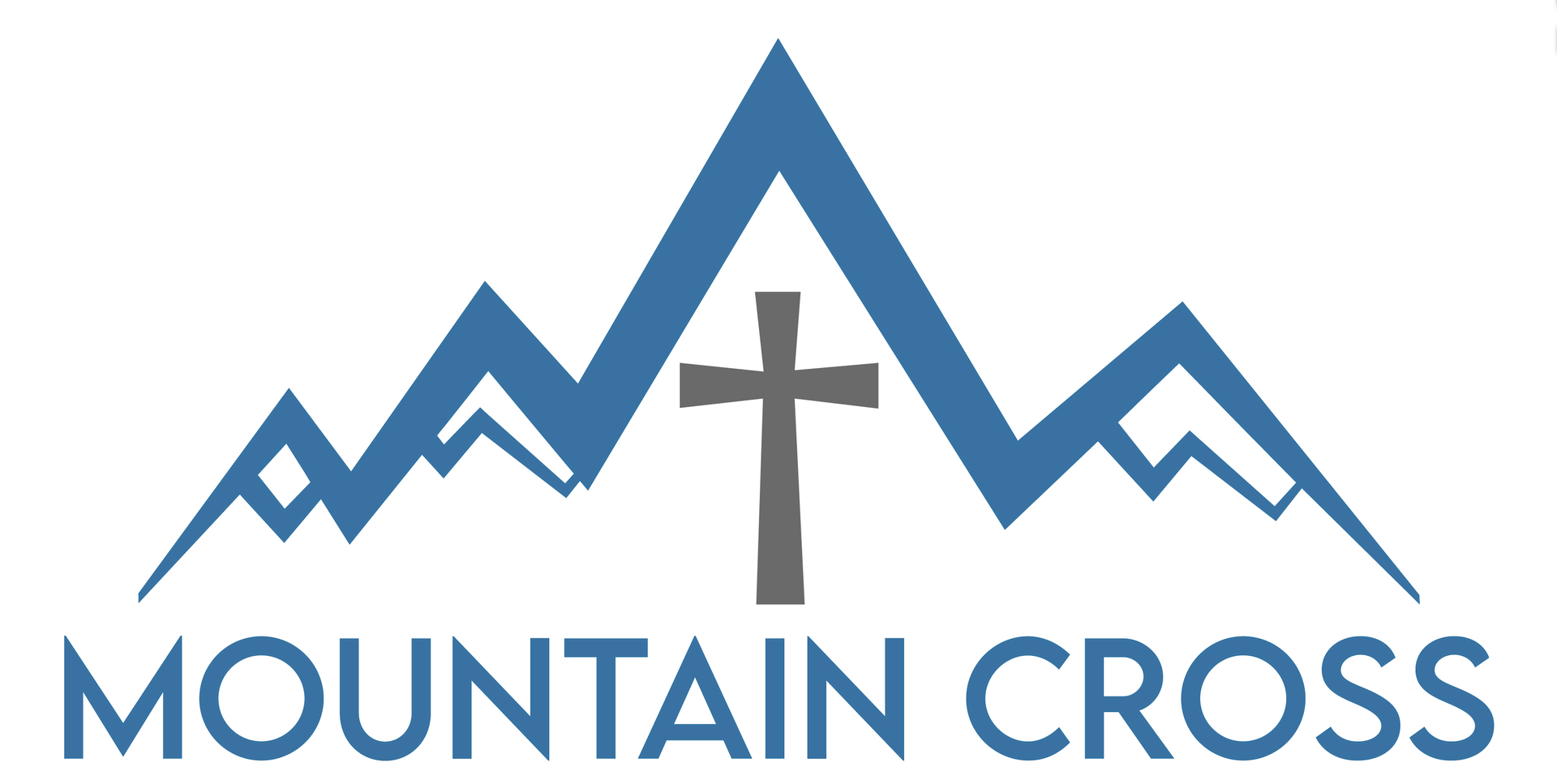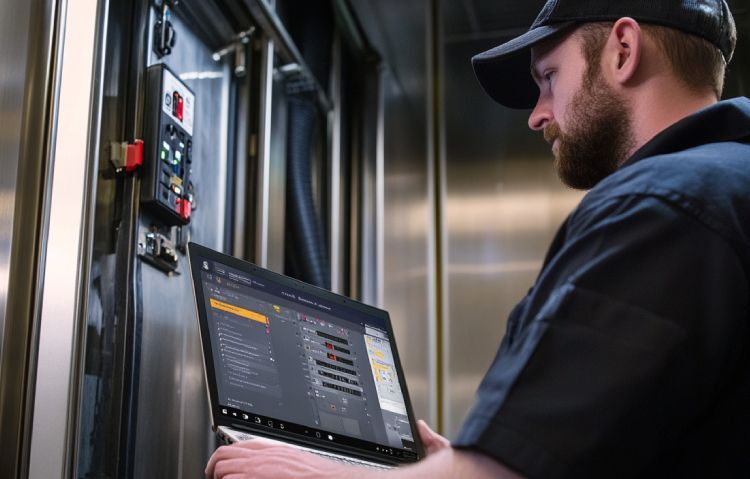Services
Emergency Planning and Preparedness Consulting
Expert Consulting for Elevator Emergency Planning and Preparedness
Elevator emergency planning and preparedness are critical components of ensuring the safety, reliability, and compliance of elevator systems within any building. At Mountain Cross Consulting, we provide tailored
elevator consulting services that help businesses, property managers, and organizations meet local safety regulations, prevent operational disruptions, and mitigate potential risks.
Our team of specialists ensures that your elevators are not only compliant but also equipped for rapid response in case of emergencies.
The Importance of Elevator Emergency Preparedness
Elevator systems are integral to the operation of commercial, residential, healthcare, and industrial buildings. With over 900,000 elevators in the United States handling nearly 18 billion passenger trips per year, the importance of having a comprehensive emergency preparedness plan cannot be overstated. When emergencies arise, such as power outages, mechanical failures, or entrapments, having a well-designed emergency plan is crucial for preventing harm and minimizing downtime. Effective elevator emergency planning ensures the following:
- Compliance with local, state, and federal regulations
- Minimized risk to passengers and staff during emergencies
- Improved response times in case of system failure
- Continuous operation of elevators with minimal disruption
- Peace of mind for building occupants and stakeholders
Thorough planning and expert support help maintain elevator safety and reliability at all times.

Our Comprehensive Elevator Emergency Preparedness Consulting Services
Mountain Cross Consulting specializes in creating customized emergency preparedness plans designed specifically for your elevator systems. We evaluate, plan, and implement strategies that align with your building’s unique needs. Our elevator emergency planning consulting services include the following:
Risk Assessment and System Evaluation
We assess your elevator systems thoroughly to identify potential risks and vulnerabilities. This includes:
- Evaluating elevator components for reliability and performance
- Assessing building infrastructure for power failures or emergency situations
- Identifying common hazards such as trapped passengers or mechanical failure
- Ensuring compliance with elevator codes and safety standards
The National Elevator Industry, Inc. (NEII) reports that power failures and mechanical issues account for a significant percentage of elevator service disruptions nationwide.
Emergency Plan Development
We work with you to develop a comprehensive emergency preparedness plan. This includes:
- Emergency protocols for elevator failure scenarios, including entrapment response, fire safety, and power outage procedures
- Clear communication strategies for notifying building occupants during emergencies
- Staff training on emergency evacuation, elevator safety, and evacuation procedures
- Collaborative coordination with local emergency services
According to the U.S. Bureau of Labor Statistics, nearly 10,000 elevator-related incidents occur annually, including entrapments and mechanical failures.
Compliance with Elevator Safety Standards and Codes
We ensure your elevator system complies with local, state, and national safety codes, including:
- American Society of Mechanical Engineers (ASME) A17.1 standards
- National Fire Protection Association (NFPA) regulations
- Local emergency preparedness laws and codes
Staying up to date with evolving codes ensures your systems are safe, functional, and legally compliant.
Ongoing Emergency Plan Testing and Drills
Creating an emergency plan is just the beginning. We offer periodic drills and testing to ensure your team is always ready to respond. Our services include:
- Emergency evacuation drills for building occupants and staff
- Simulated emergency scenarios to test response times and effectiveness
- Reviewing and adjusting emergency procedures based on drill outcomes
Testing and drills allow you to pinpoint areas for improvement and refine your emergency response protocols. Studies show that buildings with well-documented emergency preparedness plans experience 50% faster response times during elevator-related emergencies.
Elevator Equipment Maintenance and Upgrades
To ensure elevators function in emergencies, routine maintenance and upgrades are crucial. Our services include:
- Routine inspections and preventative maintenance of elevator components
- Upgrading elevator control systems to improve response time during emergencies
- Installing emergency power backup systems to ensure continuous elevator operation during power failures
Regular maintenance minimizes the likelihood of emergencies and ensures a faster response when emergencies do arise.
Why Choose Mountain Cross Consulting?
At Mountain Cross Consulting, we provide elevator emergency planning with a focus on safety, efficiency, and compliance. Here’s why you should partner with us:

- Regulatory Compliance: We stay up to date with local, state, and federal elevator safety regulations, ensuring your emergency plans meet all legal requirements. Our expertise helps you avoid fines, liability issues, and operational disruptions.
- Comprehensive Training: We offer hands-on training sessions for building managers, staff, and emergency responders to ensure everyone knows how to handle elevator-related emergencies efficiently and safely. Prepared teams lead to better outcomes in critical situations.
- Advanced Technology Integration: We incorporate the latest technology, including emergency communication systems, monitoring tools, and fail-safe protocols, to enhance elevator safety. Our innovative solutions improve response times and minimize risks during emergencies.
- Risk Assessment & Mitigation: Our team conducts thorough risk assessments to identify vulnerabilities in your elevator systems. We then develop mitigation strategies to enhance safety, reduce downtime, and ensure seamless emergency response procedures.
Benefits of Professional Elevator Emergency Planning
Effective elevator emergency planning offers a range of benefits for building owners, managers, and occupants:
Enhanced Risk Management
Professional elevator emergency planning helps identify potential hazards and outlines preventive measures. By proactively addressing these risks, you minimize the chances of accidents, ensuring smoother operations and safer environments.
Compliance Assurance
Comprehensive emergency plans ensure that your elevator systems adhere to safety regulations and industry standards. This reduces the risk of non-compliance penalties and enhances your building’s reputation as a safe and well-managed facility.
Cost Savings
By preventing emergencies or minimizing their impact, professional planning helps reduce repair costs, legal fees, and insurance premiums. The long-term savings far outweigh the initial investment in a well-thought-out emergency response plan.
Efficient Emergency Response
In the event of an elevator-related emergency, having a professional plan ensures a swift, coordinated response, limiting damage, injury, or system failure. This leads to quicker resolutions and helps mitigate potential chaos.

Key Takeaways
- Elevator emergency planning is essential for ensuring safety, compliance, and operational efficiency.
- Risk assessments, emergency protocols, and compliance checks are crucial steps in preparing for emergencies.
- Regular drills, staff training, and maintenance ensure that emergency plans remain effective over time.
- Mountain Cross Consulting offers expert guidance to create, implement, and maintain customized emergency preparedness plans for elevator systems.
- Partnering with professionals minimizes risks, improves response times, and ensures that your elevators are prepared for any emergency scenario.
Still searching for "Elevator Consultant Near Me?"
Look no further! Call us at
(224) 500-0321 to get started
Common Elevator Emergency Situations and How to Prepare
Understanding the types of emergencies that can occur with elevator systems is the first step in preparing for them. Here are some common scenarios and how our emergency preparedness consulting can help:
1. Elevator Entrapment
Passengers can become trapped due to mechanical failure or power loss. Fire departments across the U.S. respond to tens of thousands of elevator rescues each year, with an average response time of 10–15 minutes. Our emergency planning ensures your team takes immediate action in those critical moments before emergency responders arrive, reducing panic and improving passenger safety.
2. Power Failure
A power outage can render elevators inoperable, stranding passengers and disrupting building operations. We recommend installing emergency power systems (EPS) to maintain functionality and developing a communication plan to inform occupants. Our consulting services also include staff training on handling power failures safely and efficiently.
3. Elevator Malfunction
Mechanical failures can pose significant safety risks. We help businesses implement proactive maintenance strategies to minimize breakdowns and ensure compliance with safety regulations. Our consulting services establish emergency response plans, training personnel on quick troubleshooting and passenger safety procedures during unexpected elevator malfunctions.
4. Fire Safety
Elevators can become hazardous in a fire if not properly managed. Our emergency preparedness plans include protocols for automatic elevator shutdowns, fire-rated elevator lobbies, and clearly defined evacuation routes. We also train personnel on best practices for guiding occupants to safety and coordinating with emergency responders.
Frequently Asked Questions (FAQs)
Why is elevator emergency planning important?
Elevator emergencies, such as entrapments, malfunctions, and power failures, can pose serious safety risks. A well-structured emergency plan ensures rapid response, minimizes panic, and keeps occupants safe. Our consulting services help building owners and facility managers develop clear protocols, train staff, and implement safety measures to handle emergencies efficiently while ensuring compliance with local safety regulations.
What should be included in an elevator emergency preparedness plan?
A comprehensive plan should include emergency communication strategies, evacuation procedures, power backup solutions, and staff training. It should also outline response protocols for common emergencies like entrapment, fire, and mechanical failure. Our consulting services help tailor emergency plans to meet specific building needs, ensuring a safe and efficient response to elevator-related incidents.
How can buildings prepare for elevator power failures?
Buildings can install emergency power systems (EPS) to keep elevators operational during power outages. A backup communication plan should also be in place to assist trapped passengers. Our consulting services provide guidance on selecting the right power backup solutions, training staff on emergency protocols, and ensuring compliance with safety regulations for uninterrupted building operations.
What role do staff play in elevator emergency response?
Trained personnel are essential for managing elevator emergencies effectively. Staff should know how to assist trapped passengers, communicate with emergency responders, and follow shutdown procedures during fire incidents. Our consulting services provide hands-on training and customized protocols to ensure your team responds quickly and professionally in any elevator-related emergency.
Get Started with Elevator Emergency Planning Today
Proper elevator emergency planning is essential for the safety and reliability of your building’s elevator systems. Don’t wait for an emergency to occur—prepare now with Mountain Cross Consulting’s expert guidance.
Contact us today to schedule a consultation and ensure your elevator systems are ready for any emergency. Let us help you create a comprehensive emergency preparedness plan that protects both your building and its occupants.



